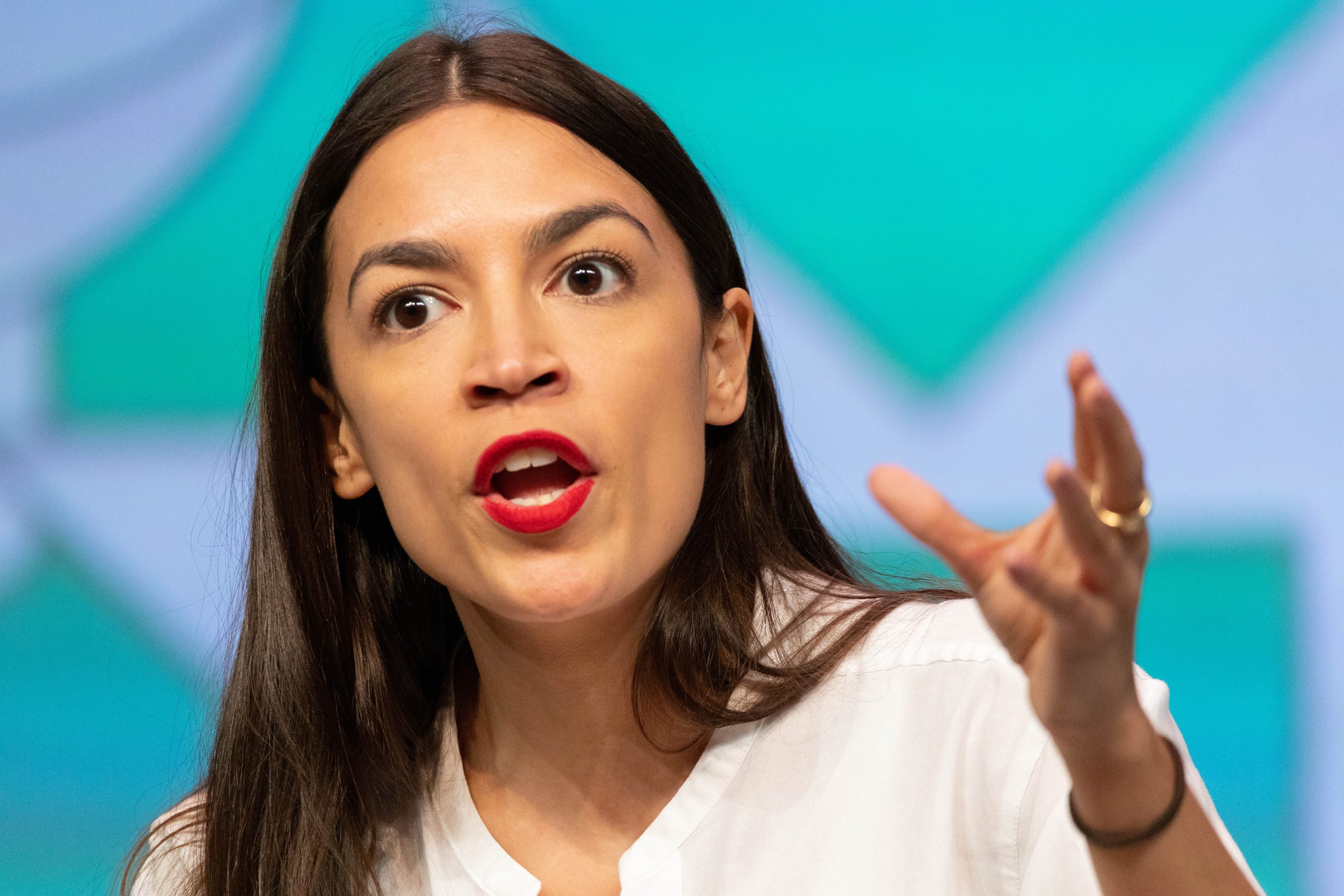
Chris Lieberman, FISM News
[elfsight_social_share_buttons id=”1″]
Rep. Alexandria Ocasio-Cortez (D-N.Y.) raised eyebrows at a House hearing on abortion Thursday, calling abortion an “economic issue” because having unwanted children requires parents to take on extra work in order to pay for their children.
“Forcing poor and working-class people to give birth against their will, against their consent, against their ability to provide for themselves or a child, is a profound economic issue and it’s certainly a way to keep a workforce basically conscripted to large-scale employers and to employers to work more against their will, to take second and third jobs against their desire and their own autonomy,” the leftist congresswoman said.
Rep. @AOC (D-NY) slams GOP claim that abortion is not an economic issue as the view of a “person who’s never had to … carry a child”:
“Forcing poor and working-class people to give birth against their will … against their ability to provide … is a profound economic issue.” pic.twitter.com/IfFecldM9E
— The Recount (@therecount) September 29, 2022
Ocasio-Cortez was responding to comments from Rep. Jake LaTurner (R-Kan.), who criticized Democrats for holding a hearing on abortion rather than addressing more pressing issues, such as inflation or the economy.
Ocasio-Cortez’s line of reasoning that lack of abortion access forces parents to involuntarily join the workforce would seem to contradict a common pro-abortion talking point that abortion restrictions prevent women from joining the workforce.
In a May hearing, Treasury Secretary Janet Yellen told U.S. senators, “Roe v. Wade and access to reproductive health care including abortion helped lead to increased labor force participation.”
Sen. Tim Scott (R-S.C.) quipped in response, “Did you say that ending the life of a child is good for the labor force participation rate?”
However, despite both Ocasio-Cortez’s and Yellen’s comments, many argue that abortion restriction benefits the economy. The Wall Street Journal pushed back against the connection between abortion access and labor force participation, writing in a May editorial,
The link between abortion access and women’s labor force participation is more tenuous than [Yellen] suggests. Women’s labor participation was rising for decades before Roe and continued to climb until the early 2000s amid cultural changes. Abortion rates have also fallen by half since 1980, and teen pregnancy rates have plunged by two-thirds since 1990 amid increased access to contraception. Far more than access to abortion influences the life and work choices of women.
The editorial goes on to state that the loss of life in an abortion deprives the economy of potential assets, saying, “Ms. Yellen overlooks the lost productive contribution of children who were never born. People are assets, the source of inventions and new businesses. Human capital is crucial to economic growth and a dynamic society.”
But beyond the economic impact of abortion, pro-lifers would argue that the fundamental value of life far exceeds any economic cost or benefit of abortion.
Her abortion comments were not Ocasio-Cortez’s only controversial statement of the hearing. In response to Rep. Andrew Clyde (R-Ga.) stating that men cannot get pregnant, Ocasio-Cortez said, “The same folks who … told us that COVID’s just a flu, that climate change isn’t real, that January 6 was nothing but a tourist visit … are now trying to tell us that transgender people are not real,” she said. “And I would say that their claim is probably just as legitimate as all their others, which is to say not very much at all.”
